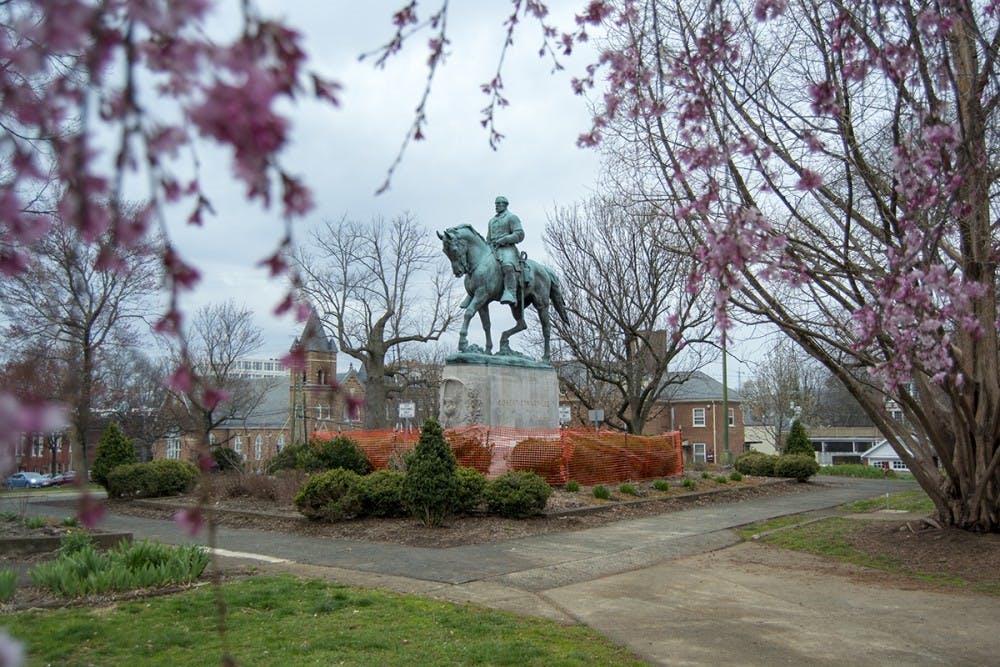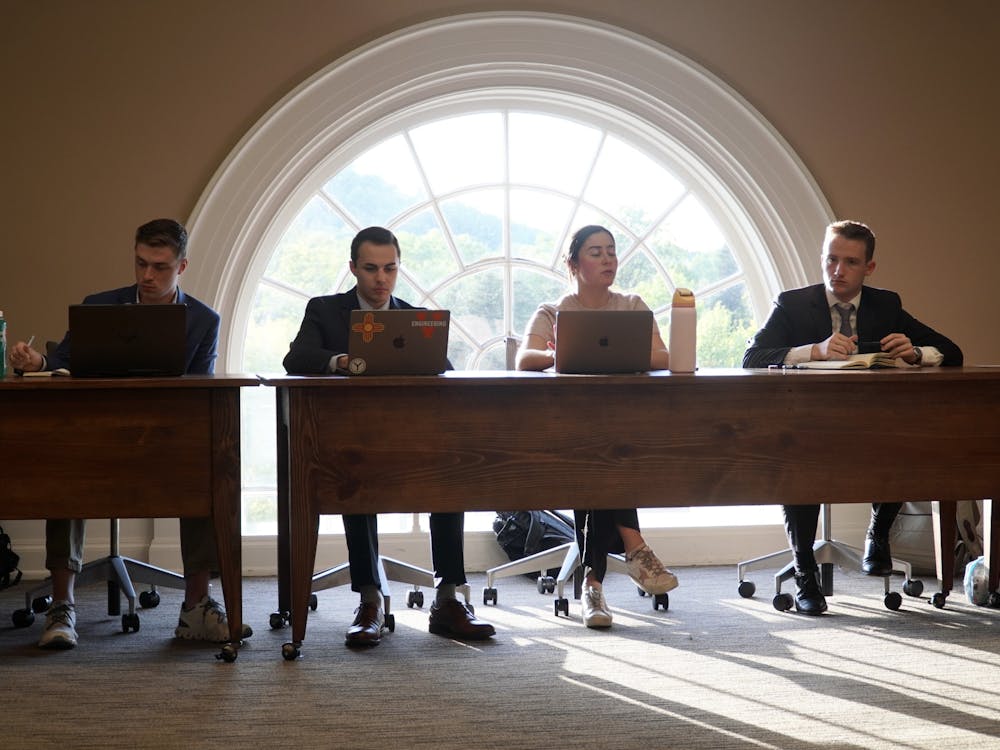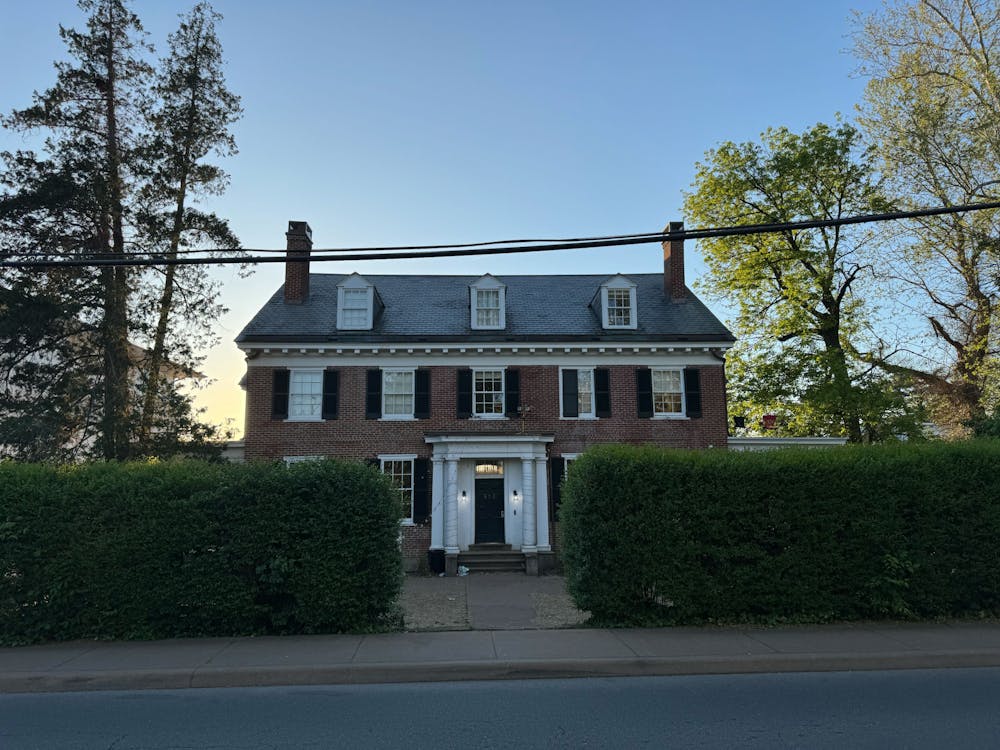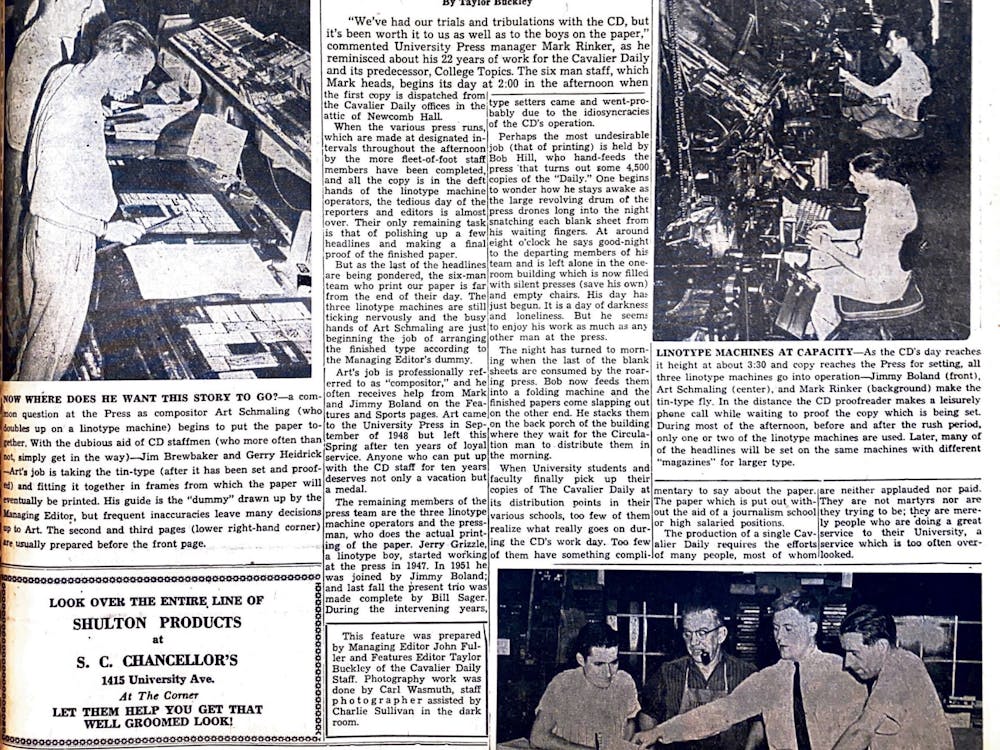An initial survey seeking suggestions for the renaming of Emancipation and Justice Parks held nationwide and even international appeal, an investigation by The Cavalier Daily has found, with over two-thirds of the survey’s 7,535 participants cast votes from IP addresses outside Charlottesville.
Charlottesville City Council antagonized some community members last June when it voted to rename Lee Park to Emancipation Park — some residents believed the park should remain a memorial to the Confederate General Robert E. Lee, while others said “Emancipation” discounts the role African Americans played in earning their freedom from slavery. At the same time, Jackson Park — named for Confederate General Thomas “Stonewall” Jackson — was renamed to Justice Park.
After a petition was circulated by local activists, Council decided to again rename both Emancipation and Justice Parks — soliciting additional community feedback — and released a survey accessible over the internet, by mail or by phone message for name suggestions.
When the City released the online survey using polling site SurveyMonkey, the poll tracked IP addresses — a digital code unique to each device accessing the internet, which indicates the general location of the device. Using an online geolocation service to track each respondent’s IP addresses to its city and state, The Cavalier Daily found the survey’s turnout attracted an audience much larger than the Charlottesville community.
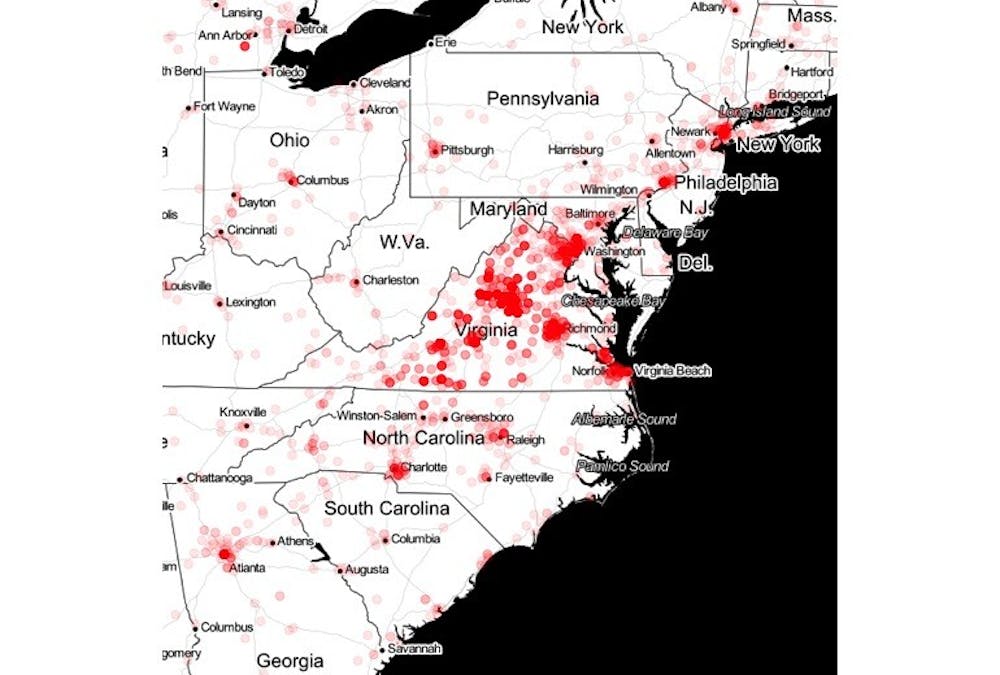
A recent investigation by the Columbia Journalism Review found the link to the survey was circulated outside the Charlottesville area, specifically on social media site Gab — frequented by white nationalists — and on the online radio show Confederate Broadcasting.
IP addresses can be imitated, so it’s possible some respondents who appeared to be in Charlottesville were, in actuality, not. It’s also possible some respondents in Charlottesville were assigned addresses outside the City. The tools used to conduct this analysis do not distinguish between City and Albemarle County residents — both are counted as voting from the local Charlottesville area.
However, over 38 percent of the votes originated from IP addresses outside Virginia. Five percent of the votes were cast from outside the United States.
Brian Wheeler, the City’s director of communications, said the City did not glean geographic information from the IP addresses given with the survey, nor was the survey designed to be scientific.
“The nature of these issues that Charlottesville is dealing with is attracting outside interest,” Wheeler said. “We knew that was going to happen. That's not a surprise. We knew the limitations of a public online survey in the beginning.”
City Council met last week to determine which names to send out — through both an online survey and a survey distributed in utility bills — for a second round of voting. They decided on Market Street Park, Swanson Legacy Park or Central Park to replace Emancipation Park. For Justice Park, voters will be able to opt for Court Square Park, Courthouse Park, Swanson Legacy Park or to simply retain Justice Park.
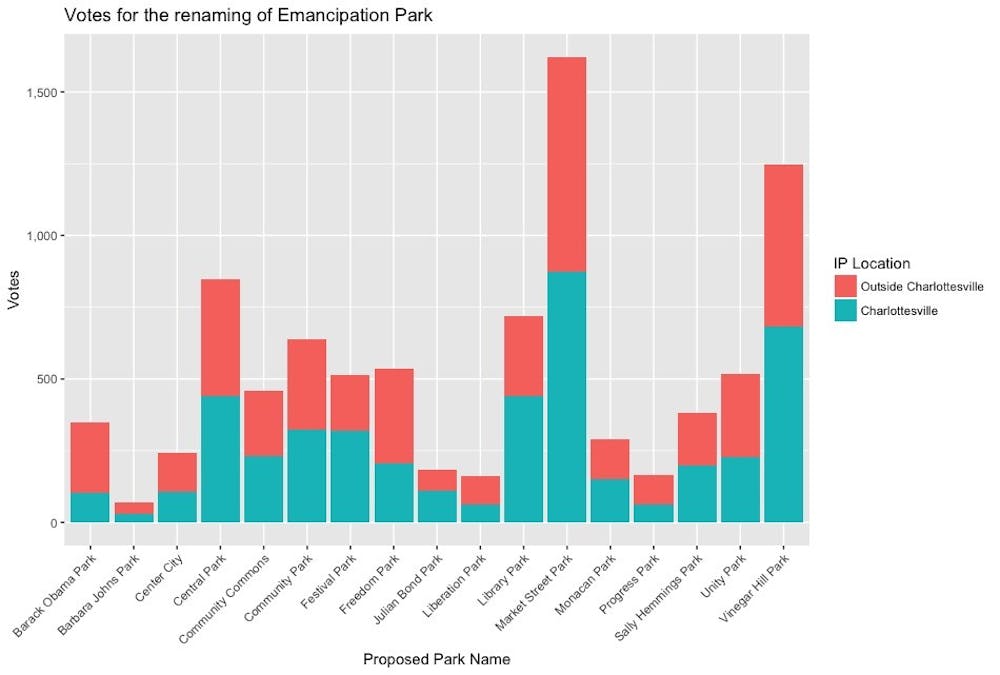
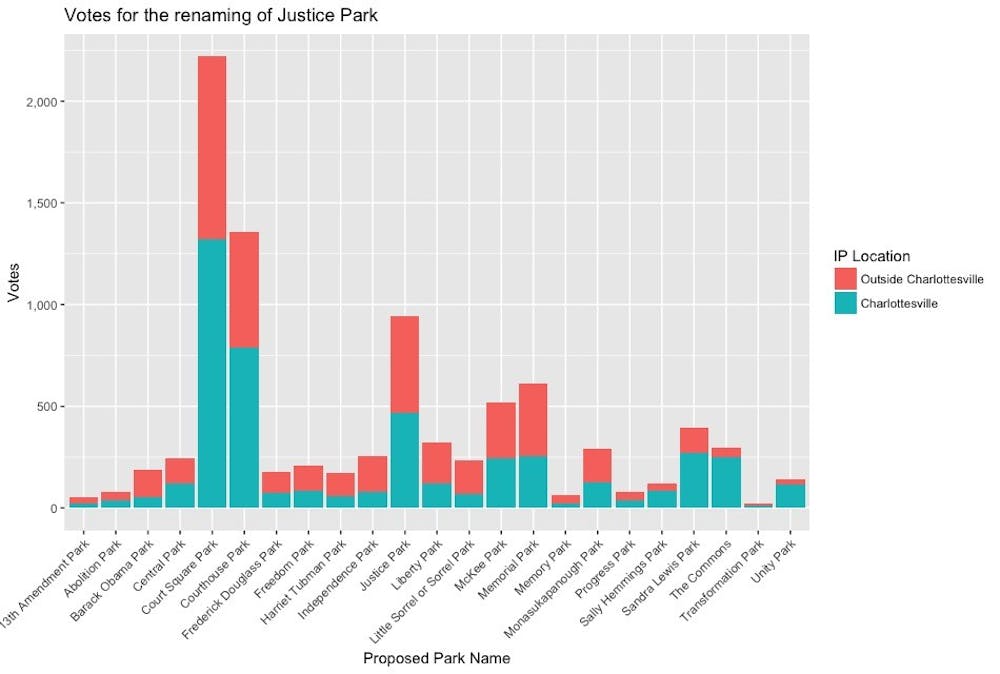
The Cavalier Daily analysis indicates 46 percent of the votes cast for Market Street Park were cast from outside the City, while 48 percent of votes for Central Park were also foreign to Charlottesville.
Non-City residents accounted for around 40 percent of the votes for Courthouse and Court Square Park. The same group represents over half the votes to continue using Justice Park.
Though the outside votes constituted a significant portion of the total votes, they may not have had a significant effect on the final tallies — even without outside votes, Market Street Park was still voters’ top choice for Emancipation Park and Court Square Park was the first choice for Justice Park.
The outside voters predominantly opted to write-in an unlisted option for the parks — for Emancipation Park, 43 percent of outside write-in voters chose a variation of Lee Park, a name the City said it would not accept. Over seven percent of the write-in votes from outside Charlottesville included a reference to Adolf Hitler and four percent a racial slur.
Of the 3,528 write-in votes cast from outside Charlottesville, 68 referenced Gregory Swanson, the first African American graduate of the University, while 60 referenced Heather Heyer, who was killed when a car plowed into a crowd of counter protesters during last August’s “Unite the Right” rally. The name of James Alex Fields Jr. — the Ohio man accused of driving the car into the crowd off the Downtown Mall — was suggested 51 times.
In Charlottesville, there were 924 write-in votes cast, with 32 percent — less than 300 total — referencing Lee. Eight percent suggested Swanson be memorialized by the park, while four percent referenced Heather Heyer. No ballots from inside Charlottesville included Hitler, Fields or the aforementioned racial slur.
Wheeler said the number of outside votes was predictable, considering the number of votes cast for a variation on Lee Park.
“That two-thirds were from outside, yeah, that's a lot,” Wheeler said. “There was a big influx in the first couple days, and then things really died down. So that suggested to me that it wasn't the City's communications, saying 'Come take our survey,' that were really driving our attention, and clearly somebody else is driving people towards the survey. I am surprised it's over half."
Graphics created with GGMap, a data visualization tool by D. Kahle and H. Wickham.
This article was updated to clarify the similarity between the overall and local results.

